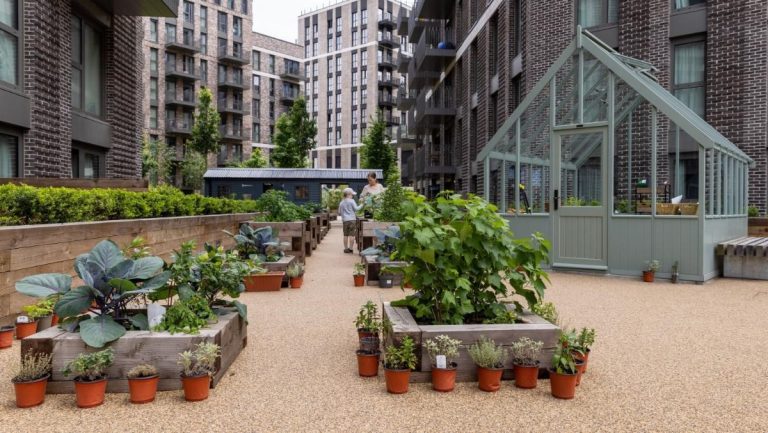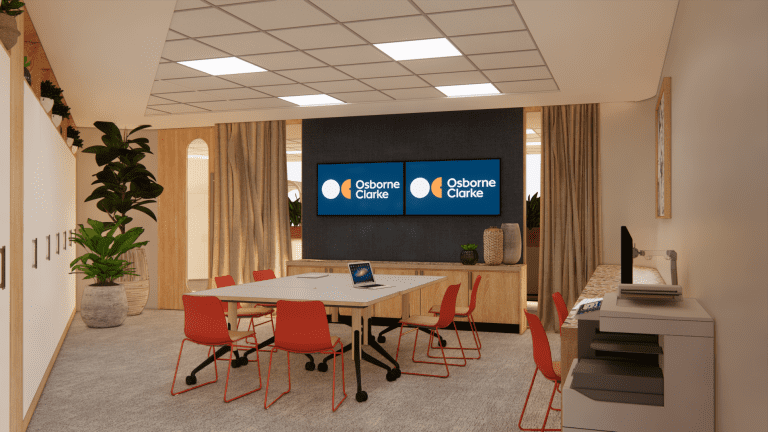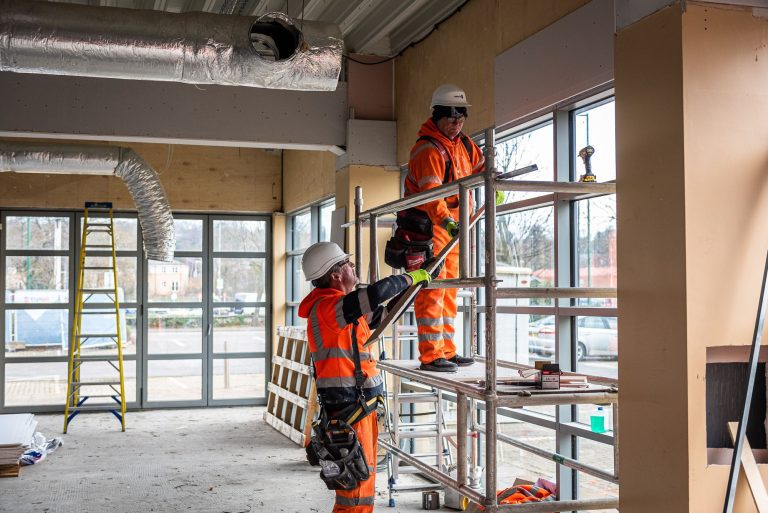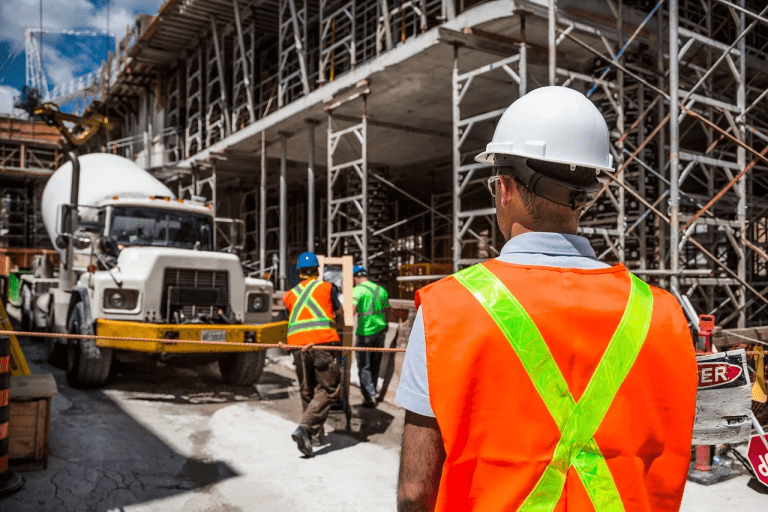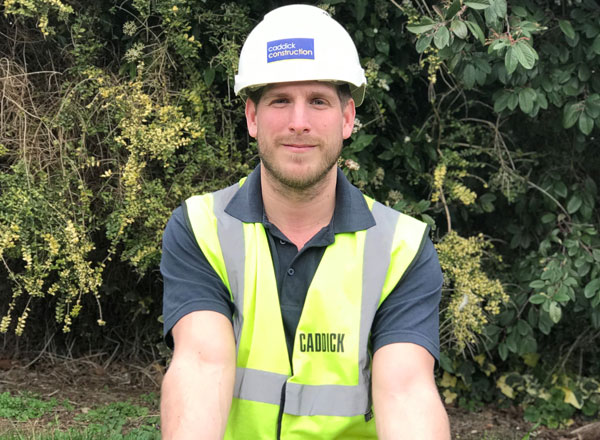Grounded in the UN’s Global Goals for Sustainable Development, the WorldGBC’s Health & Wellbeing Framework drives healthy and equitable buildings in harmony with nature After a multi-year global consultation, the World Green Building Council (WorldGBC) launches the Health & Wellbeing Framework — a comprehensive educational tool for a healthy and equitable built environment. With the COVID-19 pandemic bringing the link between the built environment and human health into focus, the Framework’s six principles span indoor air quality, human rights in the supply chain, climate change resilience and more. The Framework launches today in a global, online summit and regional launches take place through November: MENA — 5 November Asia Pacific — 10 November Africa launch — 17 November Americas — 24 November Europe — 26 November Convening expertise across the built environment, health and human rights, the Framework is published as an executive report and live digital tool. An innovation of this work is a cross-sectoral analysis across the entire building and construction lifestyle — redefining the scope of health for all people and their buildings, cities and communities. First look: BBC Storyworks Documentary Series — Building A Better Future The 4 November event is hosted by Simon Shelley, Global Director of Programmes Partnerships, BBC Global News. During the event, he will also presents teaser footage from the upcoming sustainable buildings documentary series, Building A Better Future, to be released on 11 November. Cristina Gamboa, CEO, World Green Building Council (WorldGBC) “Grounded in the UN’s Global Goals for Sustainable Development, our bold, new Framework redefines the scope of health and wellbeing in the built environment. In the past, we only considered the health and wellbeing of the occupiers — or ‘end users’ — of buildings. But this is only part of the picture. We must consider the impacts across the entire value chain. Today, our network of Green Building Councils, businesses and collaborators come together to drive this change. Truly sustainable buildings work for everyone, everywhere.” Kellie Ballew, Vice President, Global Sustainability, Shaw Industries Group, Inc. “The spaces where people live, learn, heal, work, and create have a significant impact on wellbeing. That’s why we’re focused on designing products for people and the planet — to create a Smarter Impact. We are honoured to be part of the WorldGBC’s Health & Wellbeing Framework that underscores the growing global demand to put people at the heart of sustainable buildings and provides international guidelines for developing Better Places for People.” John Morrison, Chief Executive, Institute for Human Rights and Business (IHRB) “The buildings and shelters we develop exist at their fundamental level to provide protection, comfort, and consistency for us. Understanding how environments that offer protection can also impact our human health and wellbeing is something we don’t fully understand. UL is proud to have helped develop the WorldGBC Health & Wellbeing Framework, which can now be utilised as international guidelines for healthy, sustainable built environments for multiple sectors across the world.” Josh Jacobs, Director of Environmental Codes & Standards, UL “The buildings and shelters we develop exist at their fundamental level to provide protection, comfort, and consistency for us. Understanding how environments that offer protection can also impact our human health and wellbeing is something we don’t fully understand. UL is proud to have helped develop the WorldGBC Health & Wellbeing Framework, which can now be utilised as international guidelines for healthy, sustainable built environments for multiple sectors across the world.” Read the Framework on WorldGBC’s website.
